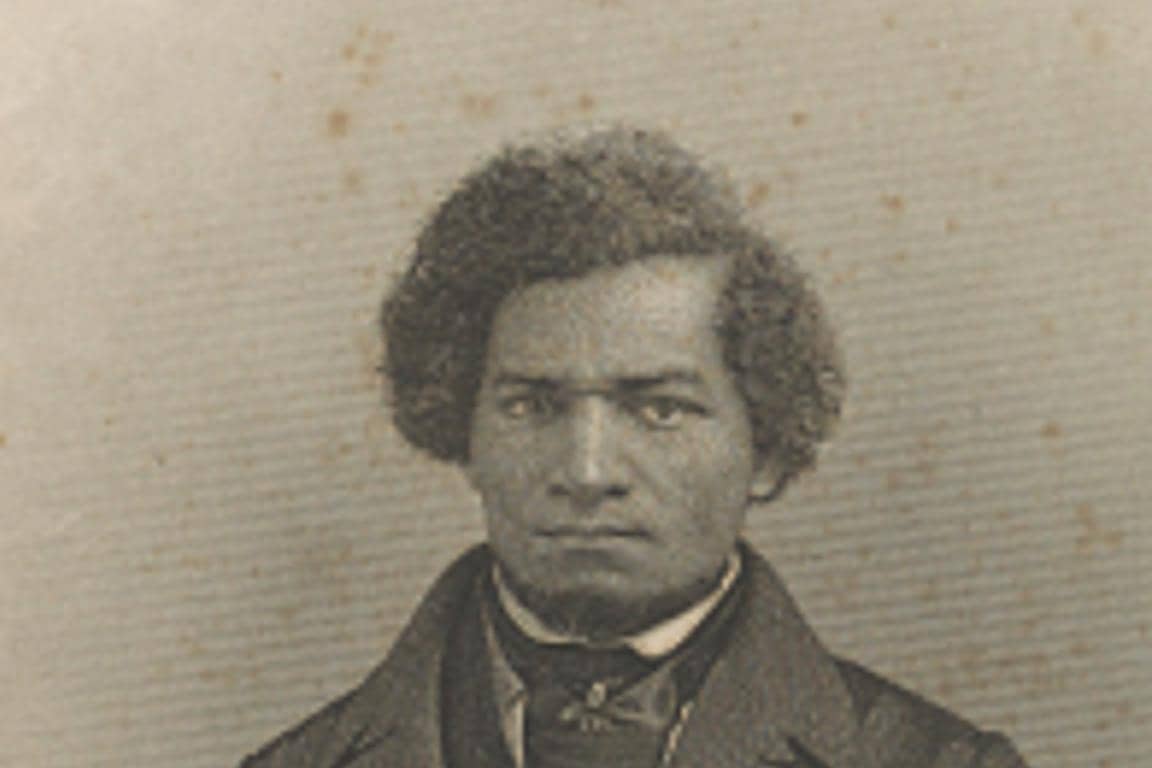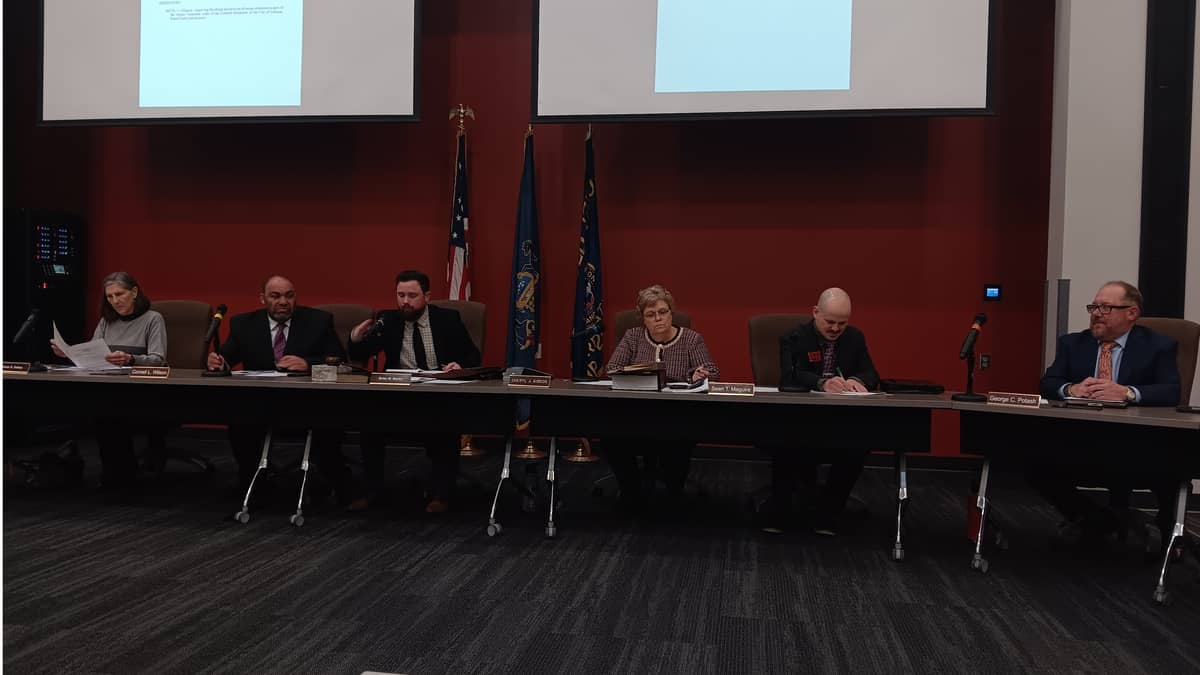This column was submitted to LebTown. Read our submission policy here.
At 12:00 p.m. on Sunday, July 5, the Annville Town Square Protesters for Racial Justice will host a collaborative community public oration of the famed nineteenth-century abolitionist Frederick Douglass’s searingly powerful speech, “What to the Slave Is the Fourth of July?”
The date will mark not only the 168th anniversary of Douglass’s first delivery of this speech in Rochester, NY – one of the most famous orations and bitingly brilliant essays in American history. The date will also mark the 31st consecutive day of a Black Lives Matter protest action and vigil in the Annville Town Square demanding radical reform in the cause of racial justice.
Read More: Black Lives Matter demonstration to be held daily in Annville through July 5
George Floyd’s brutal murder by the Minneapolis police on May 25, on the heels of a long series of police and white vigilante killings of unarmed Black people – men, women, and children – has sparked a firestorm of civil unrest across the country insisting that Black Lives Matter and that racist policing practices in cities, towns, and communities across our country must change, and must change now.
That that peaceful civil unrest continues to roil and boil nationwide one month on is one of the most heartening developments I’ve experienced in my lifetime.
The protests, demonstrations, and vigils have prompted a swirl of conversations and debates across our nation about controversial but crucially important topics like systemic racism, white privilege, white supremacy, so-called color-blindness, the militarization of the police, and the new Jim Crow of the incarceration state.
All of which find their historical roots in 246 years of legalized radicalized slavery (1619-1865), our nation’s original sin, and the fundamental contradictions of the American experiment in republican democracy that we as a nation have yet to transcend.
What contradictions? The contradictions between our foundational ideals of freedom and equality for all and the brutally violent reality of 246 years of African-American enslavement, followed by nearly a century of Jim Crow and violent racial terror (ca. 1880s-1970s).
Or, in Frederick Douglass’s words in 1852, “The blessings in which you, this day, rejoice, are not enjoyed in common. The rich inheritance of justice, liberty, prosperity and independence, bequeathed by your fathers, is shared by you, not by me. The sunlight that brought life and healing to you, has brought stripes and death to me. This Fourth of July is yours, not mine. You may rejoice, I must mourn.”
Today, in the year 2020, we continue to grapple with the deep contradictions that Frederick Douglass so mournfully lamented 168 years ago, because we as a nation have yet to atone for those sins and right those wrongs in any kind of meaningful way.
And that’s why we are publicly orating Frederick Douglass’s famous speech – because there is no more powerful statement, spoken or penned, on the wrongs that remain to be righted in this nation. Because we as a nation have a solemn obligation to remember, as the first step in redressing our foundational wrongs.
Read More: Frederick Douglass’ full speech from July 5, 1852
And because this moment now feels different – this moment of rupture that would seem to carry such enormous potential for deep and authentic atonement and redress – if only we seize it.
Which is just what we aim to do, in our own small way, in our town square in our small town of Annville, Pa., every day 4 to 5 p.m. from June 5 through July 4, culminating in the public oration on July 5. All who believe in authentic racial justice are invited to join us.
Michael Schroeder is Associate Professor of History at Lebanon Valley College and the organizer of the Annville Town Square Protesters for Racial Justice.

























